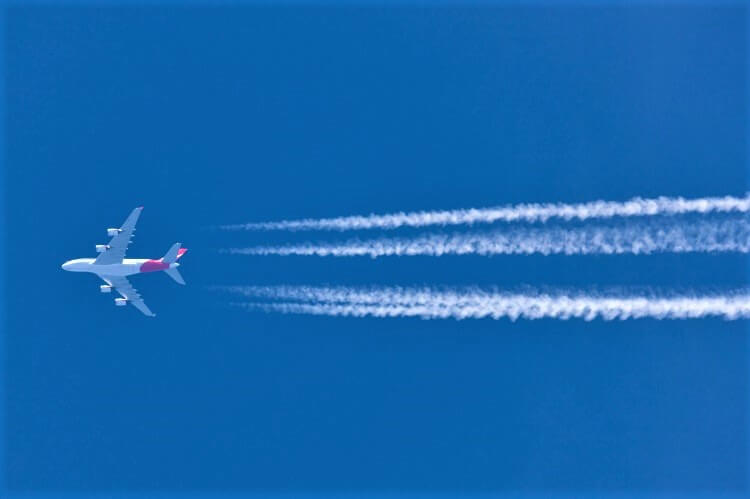The Australian air carrier Qantas Airways retains ambitions on its Project Sunrise, promising to offer ultra-long-range flights connecting Sydney with London and New York directly. Having already done free test flights and even considered purchasing new aircraft before the COVID-19 pandemic, the airline temporarily suspended the development of the project. However, Chief Executive Officer of Qantas Alan Joyce disclosed that he hoped the project could be taken forward in 2022.
Speaking at an online aviation event on April 14, 2021, Alan Joyce said that Project Sunrise was “a great strategy for the new environment [post-pandemic]” and shared expectations that the project would be developed further “within next year”. Since the currently suspended non-stop flights between Perth, Australia, and London, the UK, was the most profitable Qantas Airways international service, the CEO forecasted that Project Sunrise should also win a significantly high passenger demand. “Post-COVID-19, we think the demand for that route will be extraordinarily high,” Joyce said.
Before the pandemic, Qantas Airways had done three test flights during which the airline was testing pilot performance as well as passenger comfort and well-being aspects onboard an ultra-long flight. The company had already picked the exact aircraft model to operate the non-stop service and was weeks away from ordering the Airbus A350-1000 jet, equipped with extra fuel tanks. The airline was considering to order 12 A350s, valued at $317.4 million per unit at list prices, and even agreed with the Australian and International Pilots Associations over a new pay deal for the ultra-long-haul operations.
Project Sunrise was first announced by Qantas in August 2017 and was due to take off in 2023. The project would be centered around regular direct long-haul services, such as Sydney-London, Brisbane-Paris, and Melbourne-New York. Both the Airbus A350-1000 and the Boeing 777X-8 were candidates to operate the 18 to 20 hour non-stop routes.

